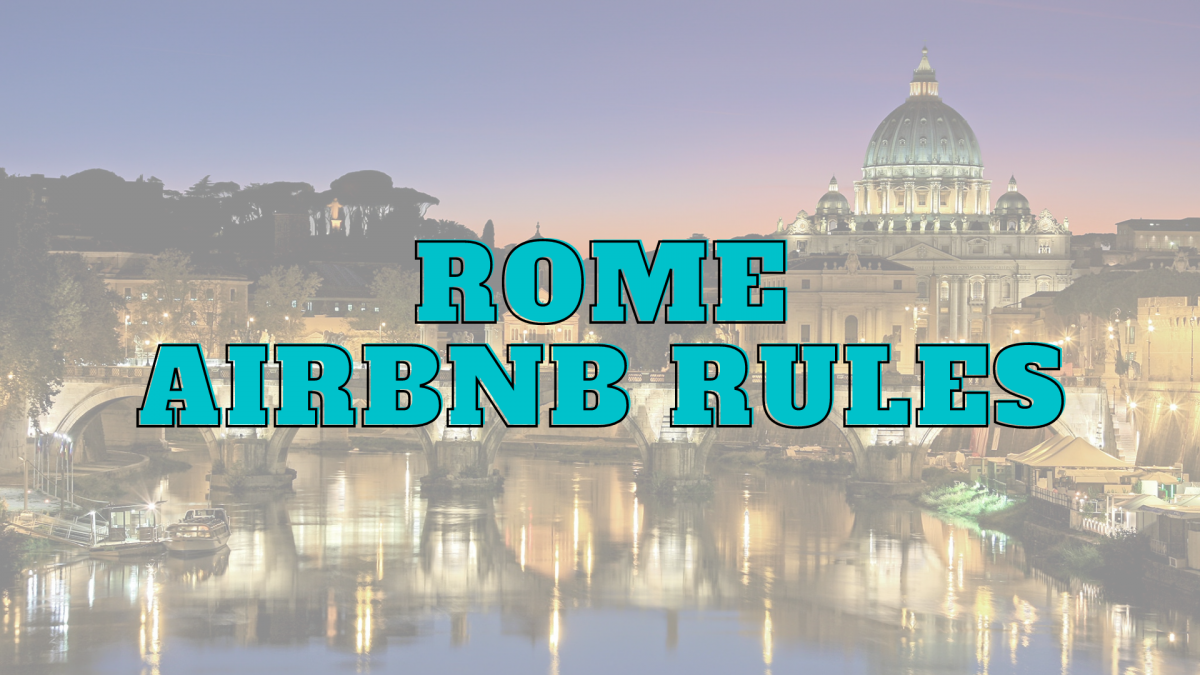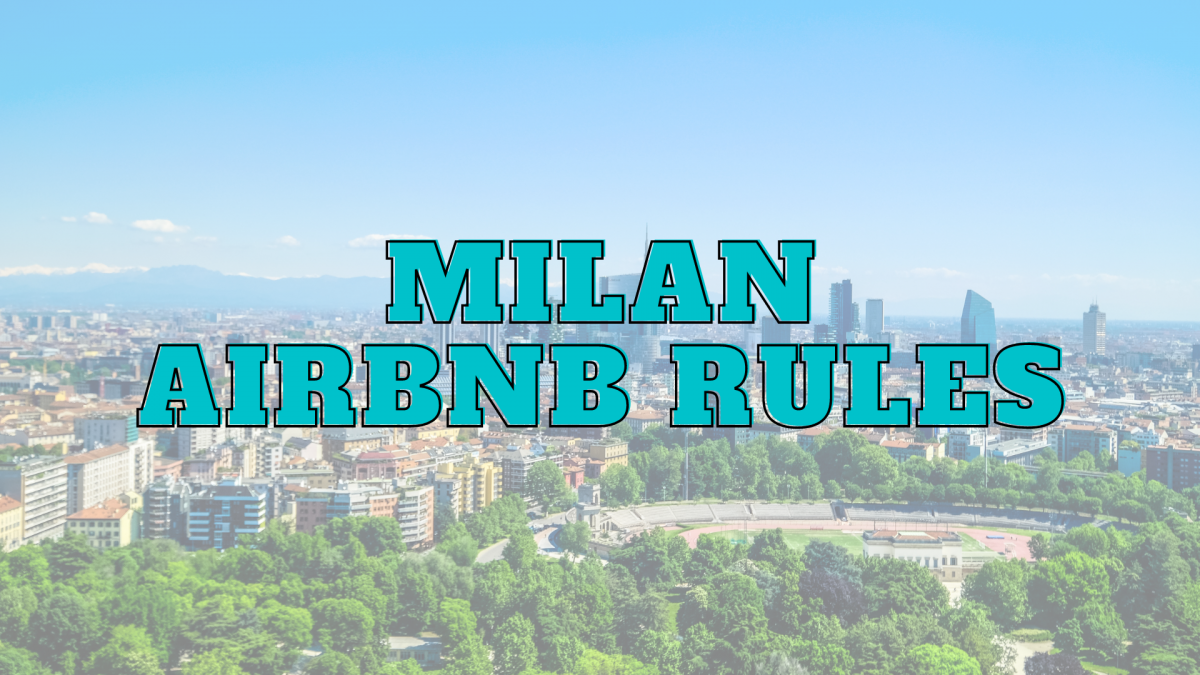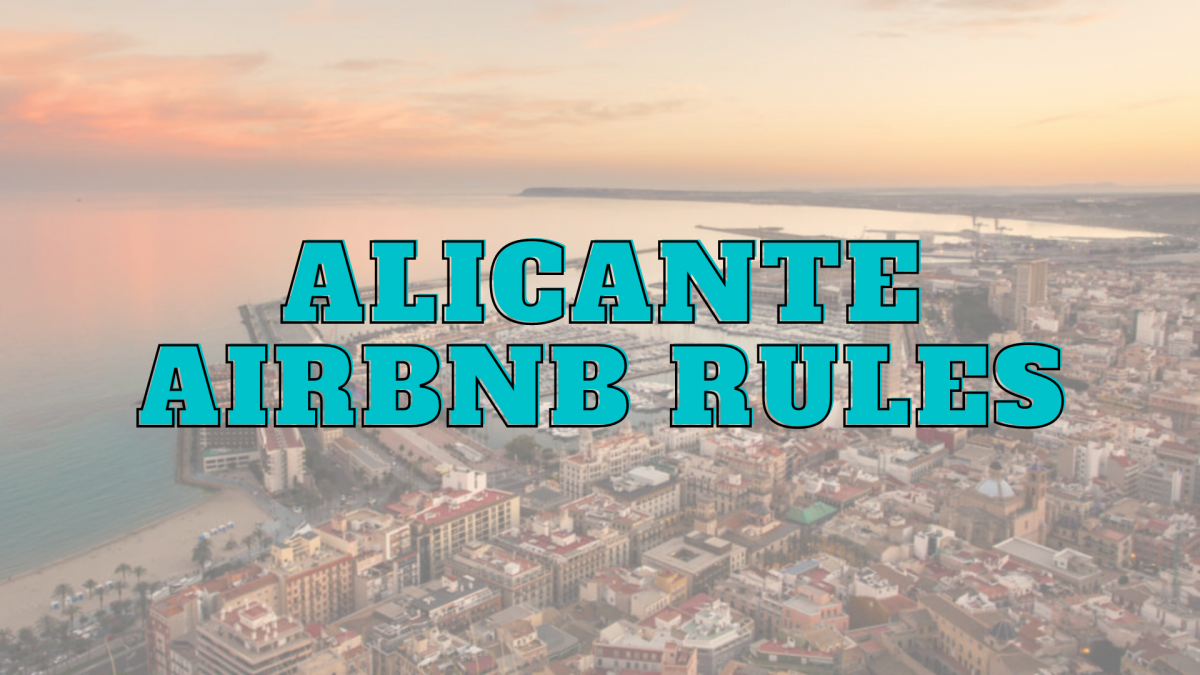Table of Contents Add a header to begin generating the table of contents Is Airbnb legal in Rome? Don’t worry, Airbnb is legal in Rome! This city is famous for the Colosseum, the Roman Forum, and a sprawling metropolis of Classical architecture. But the city of Rome is known for more than its ancient history: […]
Rome Airbnb Rules








